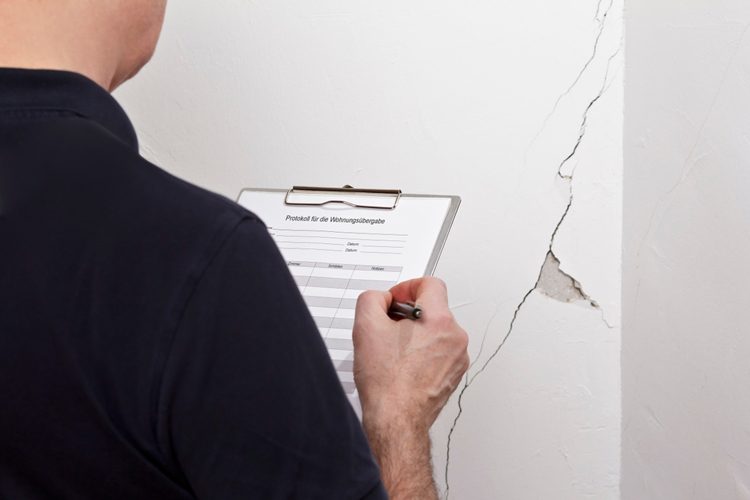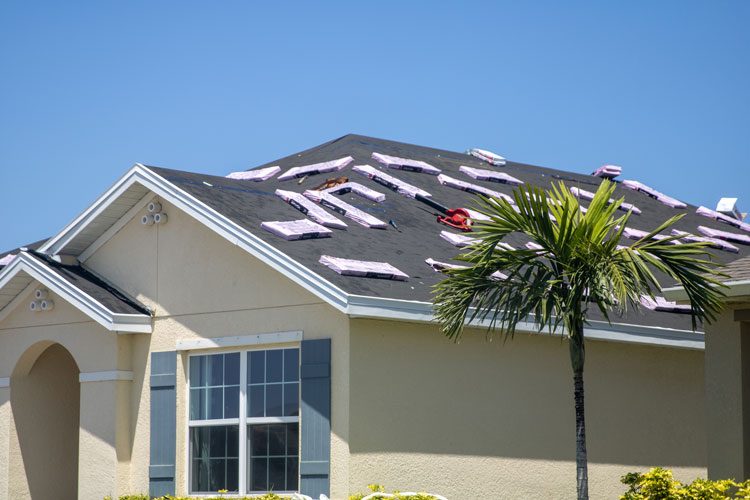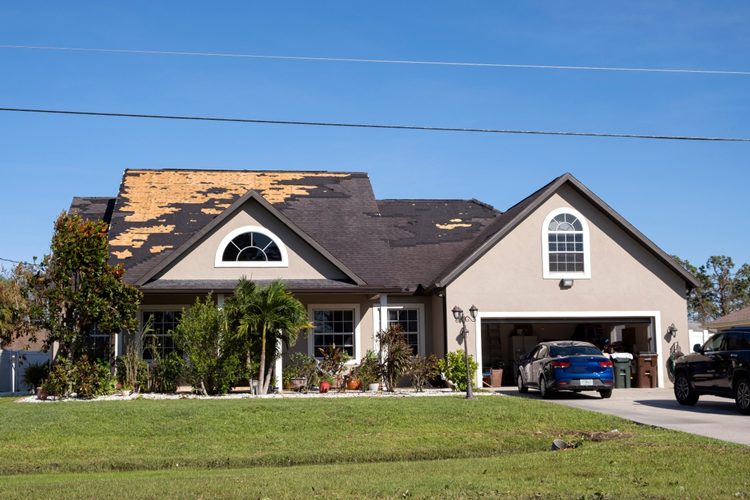In Florida, property owners face a variety of challenges, from hurricanes and tropical storms to sudden incidents like fire, vandalism, or burst pipes. When property damage occurs, it’s crucial to act quickly—not just to address repairs, but to protect your legal rights. Florida’s statute of limitations imposes strict deadlines for filing property damage claims, and missing these deadlines can mean forfeiting your ability to recover compensation. Understanding these time limits is essential for protecting your investment and ensuring you’re not left to cover damages out of pocket.
What Is the Statute of Limitations for Property Damage in Florida?
The statute of limitations refers to the legal time frame within which you must file a lawsuit. In Florida, the time limit for property damage claims depends on the nature of the claim:
General Property Damage: You have four years to file a lawsuit for damage to real or personal property. This applies to cases such as vandalism, negligence, or other non-contractual disputes.
Contractual Claims (Insurance Disputes): If the damage is covered under an insurance policy, you generally have five years to file a claim related to a breach of contract. This includes disputes over denied or underpaid insurance claims.
Hurricane or Windstorm Claims: Recent legislation has shortened the statute of limitations for property damage caused by hurricanes or windstorms to one year from the date of the loss. This emphasizes the need to act swiftly after a major storm.
Why Acting Quickly Matters
While the statute of limitations provides a deadline, waiting too long to act can have consequences even before the legal time frame expires. Prompt action is critical for several reasons:
Preserving Evidence: Over time, evidence like photos, repair estimates, or damaged property can be lost or become less reliable. Acting early ensures you have the documentation needed to build a strong case.
Meeting Insurance Deadlines: Many insurance policies require that claims be filed within a specific period, often far shorter than the statute of limitations. Missing these internal deadlines can result in denied claims, even if the legal deadline hasn’t passed.
Avoiding Legal Complications: The closer you get to the statute of limitations deadline, the more challenging it becomes to negotiate a fair resolution with insurers or pursue legal action. Starting early allows time for proper investigation, claim preparation, and negotiation.
What Happens If You Miss the Deadline?
Failing to file your claim within the applicable statute of limitations can have serious consequences. Once the deadline has passed, the court will likely dismiss your case, barring you from recovering compensation for your losses. This can leave you financially responsible for repairs or rebuilding efforts, even if the damage was not your fault or should have been covered by insurance.
Protect Your Rights With Professional Help
Navigating property damage claims and understanding legal deadlines can be overwhelming, especially when dealing with complex insurance policies and the aftermath of a disaster. That’s why it’s important to seek professional legal advice early in the process.
If you’ve experienced property damage and need guidance on filing a claim or disputing a denial, contact The Mineo Salcedo Law Firm. Their team of experienced attorneys specializes in property damage cases and can help you take timely action to protect your rights and secure the compensation you deserve. Call 954-463-8100









